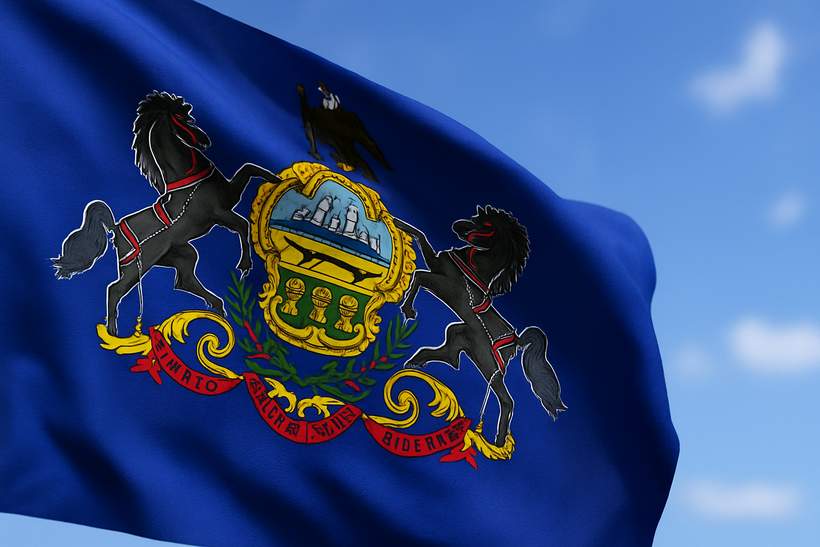Pennsylvania Supreme Court Considers Future of Controversial Skill Games

Pennsylvania Courts Weigh Impact of Skill Games in the State
Recently, Pennsylvania’s Supreme Court heard significant arguments concerning the classification and legality of so-called “skill games.” These machines, commonly found in local bars, convenience stores, and social clubs, have sparked ongoing debates about whether they function as genuine games of skill or if they essentially operate as unregulated slot machines, thus circumventing state gambling laws.
Dispute Over Whether Skill or Chance Determines Outcomes on Pennsylvania Gaming Machines
During the court session, representatives from the Attorney General’s office and the Department of Revenue contended that these devices primarily rely on random chance. They pointed out that many players proceed directly from one round to the next without engaging in the secondary challenge, which manufacturers claim is the key element of skill involved in these games.
The state officials emphasized that accessing this additional skill-based stage is not intuitive and may be unknown to many players. Consequently, they argued, luck rather than skill often dictates the results for most users.
In contrast, industry lawyers, including advocates for one of the companies involved in a 2019 investigation, argued that previous legal decisions have already recognized that skilled players can succeed in the bonus rounds that are based on memory skills.
They maintained that the relevant legal standard is whether skill impacts the player’s success and insisted that these devices cannot be fairly compared to typical slot machines, which operate within fixed payout limits overseen by the state Gaming Control Board. Additionally, it was argued that skill games allow players the possibility to win amounts exceeding their bets, setting them apart from conventional casino slots under the law.
Casino Industry Raises Concerns Over Unregulated Skill Games and Public Safety
The legal arguments unfold amid strained relations between traditional casinos and the unregulated skill-game sector. Casinos, which pay substantial taxes on slots and comply with strict regulations, warn that the rapid spread of these machines diminishes state tax revenues and potentially endangers consumers.
Concerns escalated after a recent jury verdict in Philadelphia held a major skill-game manufacturer responsible for a fatal 2020 robbery linked to one of these devices. The jury found that the absence of standard security features, such as automated payout systems, left retail workers exposed to danger.
Supporters of skill games argue these machines provide valuable income streams for small businesses and that regulatory decisions should be left to the legislature rather than courts. Despite numerous attempts, legislative efforts to impose taxes or establish rules governing these devices have repeatedly stalled, resulting in thousands of machines operating without clear legal guidelines.
The Pennsylvania Supreme Court’s forthcoming decision, anticipated next year, may finally resolve this long-standing dispute that has influenced gambling policy in the state for over a decade.